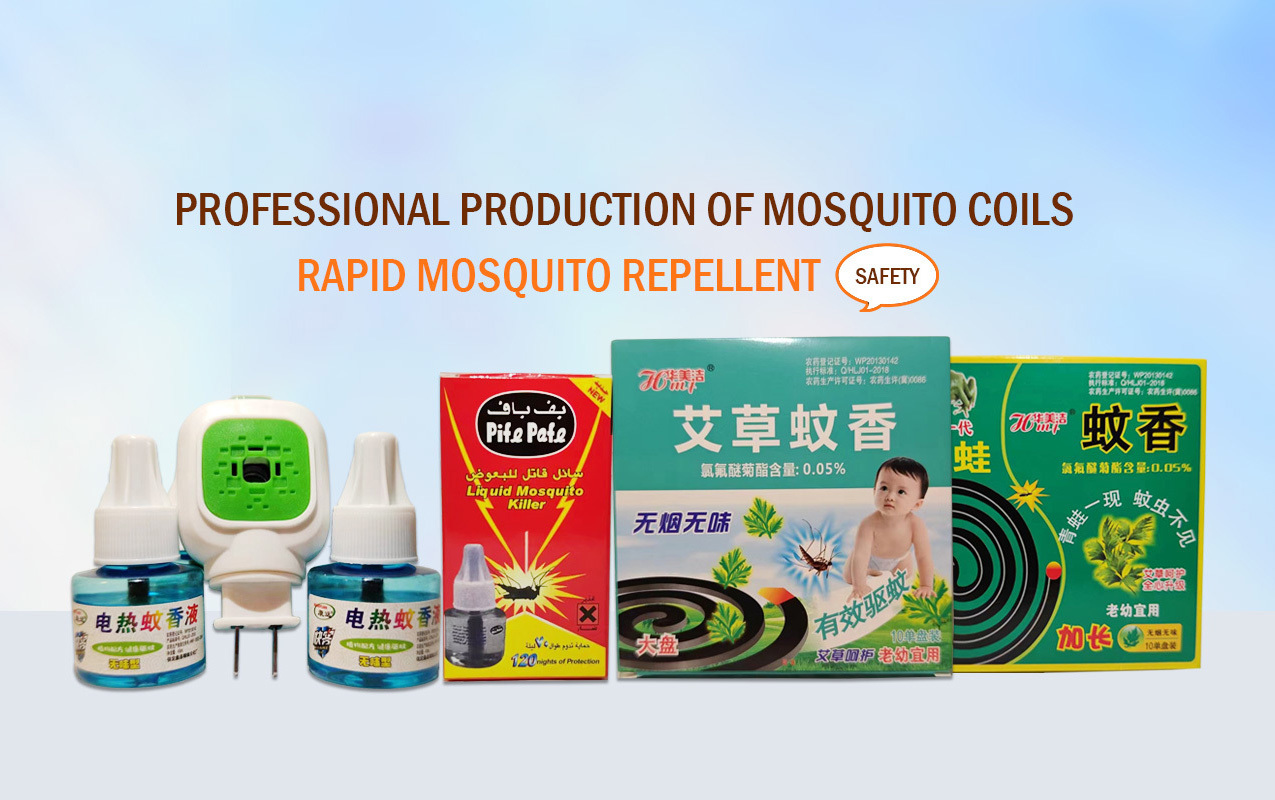Empowering Agriculture: The Benefits of Organic Insecticides
2025-01-23

Organic insecticides are gaining traction in the agricultural sector, especially as farmers seek sustainable and environmentally friendly solutions for pest control. These natural alternatives to synthetic pesticides have shown promising results in managing pest populations while minimizing the impact on beneficial insects and the surrounding ecosystem.
One of the main advantages of organic insecticides is their typically lower toxicity to non-target organisms, including humans, pets, and beneficial insects such as bees and ladybugs. This is particularly important in integrated pest management (IPM) strategies, where maintaining a balanced ecosystem is crucial for long-term agricultural success. By choosing organic options, farmers can effectively target harmful pests while preserving the vital roles played by natural predators.
Organic insecticides often derive from plant extracts, minerals, or microorganisms. For instance, substances like neem oil, diatomaceous earth, and insecticidal soaps disrupt the lifecycle of pests, leading to their eventual decline. Neem oil, extracted from the seeds of the neem tree, not only repels pests but can also inhibit their reproduction and growth. This multi-faceted approach ensures that even if pests are initially present, their populations can be kept in check over time.
Moreover, using organic insecticides can enhance soil health and biodiversity. Unlike synthetic chemicals, which can lead to soil degradation and water contamination, organic options promote healthier soil organisms. This is beneficial for crop growth as it encourages nutrient cycling and improves soil structure. The application of organic insecticides can thus be an integral part of a holistic farming approach, contributing to sustainable agriculture practices.
Farmers also report that organic insecticides often lead to fewer pesticide residues on crops, which is becoming increasingly important to consumers. As the demand for organic food continues to rise, utilizing organic insecticides can help meet this market demand while promoting healthier food production. Additionally, many organic insecticides have a shorter residual activity than their synthetic counterparts, meaning that they break down faster and pose less risk to the environment.
In conclusion, organic insecticides present a viable and eco-friendly alternative for pest management in agriculture. They offer multiple benefits, including reduced toxicity to beneficial organisms, improvement in soil health, and alignment with consumer preferences for organic products. As more farmers adopt these sustainable practices, the future of agriculture appears bright, paving the way for healthier ecosystems and food systems. By embracing organic insecticides, farmers can achieve effective pest control while safeguarding the environment for generations to come.
One of the main advantages of organic insecticides is their typically lower toxicity to non-target organisms, including humans, pets, and beneficial insects such as bees and ladybugs. This is particularly important in integrated pest management (IPM) strategies, where maintaining a balanced ecosystem is crucial for long-term agricultural success. By choosing organic options, farmers can effectively target harmful pests while preserving the vital roles played by natural predators.
Organic insecticides often derive from plant extracts, minerals, or microorganisms. For instance, substances like neem oil, diatomaceous earth, and insecticidal soaps disrupt the lifecycle of pests, leading to their eventual decline. Neem oil, extracted from the seeds of the neem tree, not only repels pests but can also inhibit their reproduction and growth. This multi-faceted approach ensures that even if pests are initially present, their populations can be kept in check over time.
Moreover, using organic insecticides can enhance soil health and biodiversity. Unlike synthetic chemicals, which can lead to soil degradation and water contamination, organic options promote healthier soil organisms. This is beneficial for crop growth as it encourages nutrient cycling and improves soil structure. The application of organic insecticides can thus be an integral part of a holistic farming approach, contributing to sustainable agriculture practices.
Farmers also report that organic insecticides often lead to fewer pesticide residues on crops, which is becoming increasingly important to consumers. As the demand for organic food continues to rise, utilizing organic insecticides can help meet this market demand while promoting healthier food production. Additionally, many organic insecticides have a shorter residual activity than their synthetic counterparts, meaning that they break down faster and pose less risk to the environment.
In conclusion, organic insecticides present a viable and eco-friendly alternative for pest management in agriculture. They offer multiple benefits, including reduced toxicity to beneficial organisms, improvement in soil health, and alignment with consumer preferences for organic products. As more farmers adopt these sustainable practices, the future of agriculture appears bright, paving the way for healthier ecosystems and food systems. By embracing organic insecticides, farmers can achieve effective pest control while safeguarding the environment for generations to come.
Recommend News
Contact Us
Leave Us A Message


